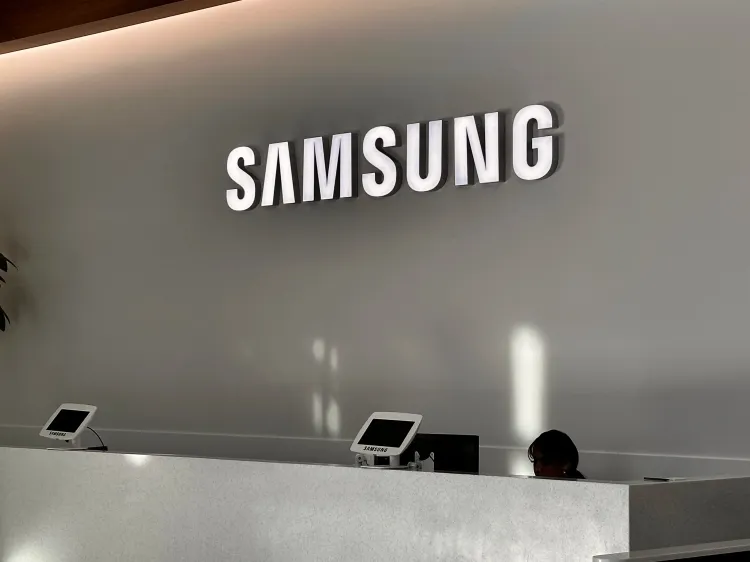South Korea's Legal Setback in Mason Capital Case over Samsung Merger

Synopsis
Key Takeaways
- South Korea lost a lawsuit to annul an ISDS ruling.
- Mason Capital claims $200 million in losses from Samsung's merger.
- The Singapore court upheld a $32 million compensation order.
- Legal proceedings were initiated by South Korea in July.
- The merger was linked to a major political scandal.
Seoul, March 21 (NationPress) - South Korea has faced a setback in a legal battle aimed at overturning an investor-state dispute settlement (ISDS) ruling, which mandated the government to compensate Mason Capital, a US hedge fund, for losses incurred due to the contentious 2015 merger of two Samsung subsidiaries.
The Ministry of Justice in Seoul announced on Friday that the Singapore International Commercial Court dismissed the South Korean government's plea from the previous day to nullify the arbitration decision initiated by Mason in 2018, as reported by Yonhap news agency.
In September 2018, Mason lodged the ISDS case, alleging that the South Korean government applied undue pressure on the National Pension Service, a significant stakeholder in Samsung C&T, to support the merger with Cheil Industries.
Mason contended that this led to a decline in share prices for Samsung C&T and tech giant Samsung Electronics, resulting in losses estimated at around US$200 million, according to the report.
In April 2023, the arbitration panel partially validated Mason's claims, instructing the South Korean government to disburse $32 million in damages, along with accrued compound interest at an annual rate of 5 percent from July 17, 2015.
In reaction, the South Korean government initiated legal proceedings in Singapore in July of the same year to challenge the arbitration ruling.
The justice ministry contended that the ruling misinterpreted jurisdictional conditions under the South Korea-U.S. free trade agreement, warranting the annulment of the decision.
The merger, viewed as an effort to consolidate then Samsung heir Lee Jae-yong's control over the family-run conglomerate, was at the heart of a significant influence-peddling scandal that resulted in the removal of former President Park Geun-hye and Lee's imprisonment, as noted in the report.
Mason accused the Park administration of wielding excessive influence over the state-managed National Pension Service, perceived as a pivotal voter, which supported the merger.









